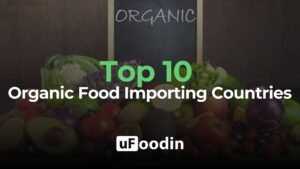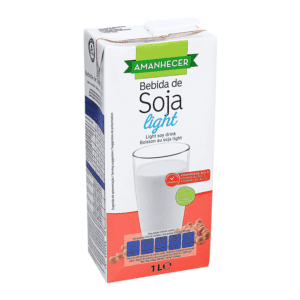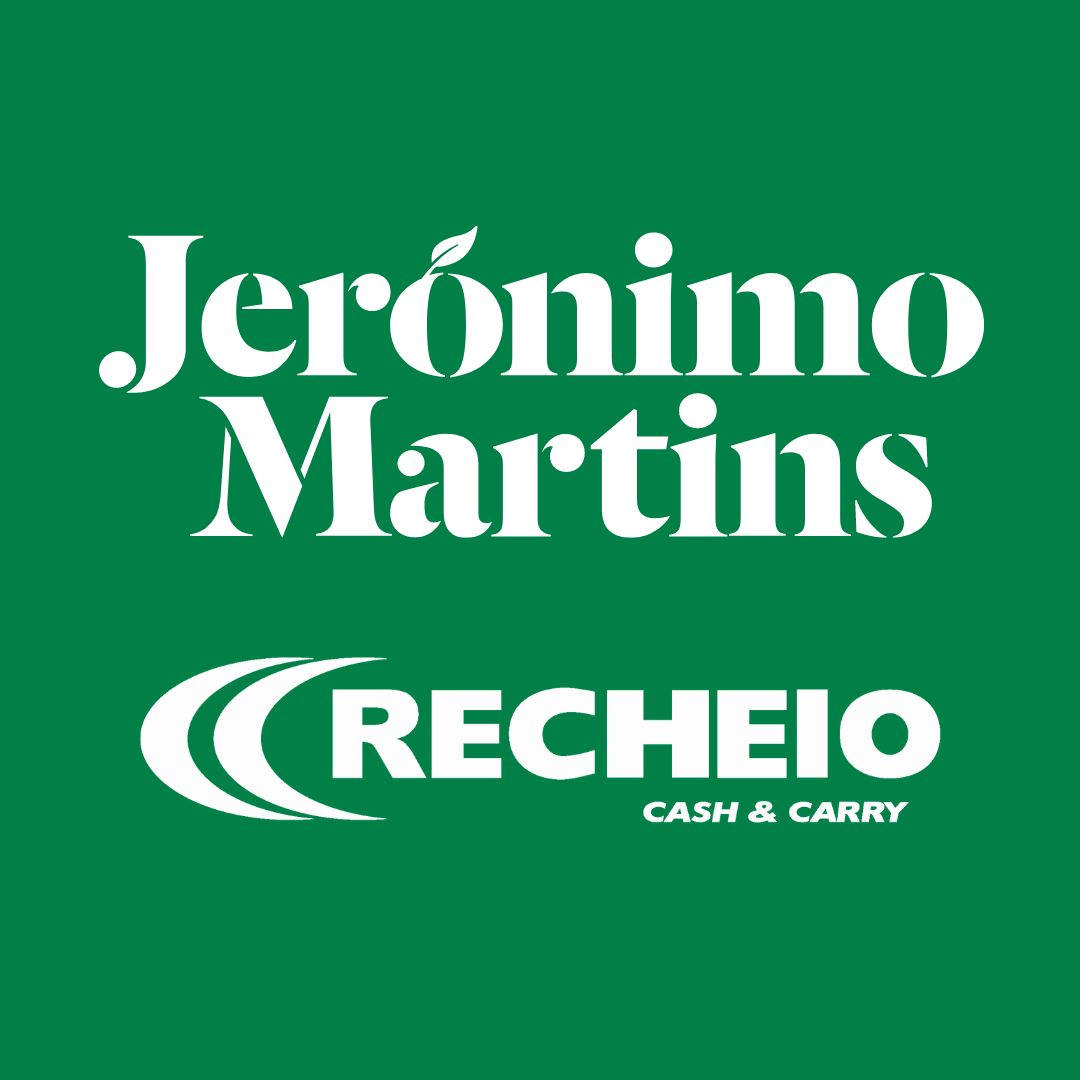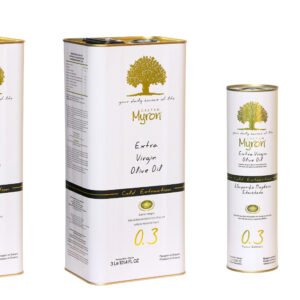
Top 10 Supermarket Chains Leading the Way in Global Retail
The supermarket industry is an integral part of the global economy, serving as a vital bridge between producers and consumers. In 2023, the global food and grocery retail market reached an estimated value of $11.93 trillion, with supermarkets accounting for a significant share of this total. This sector is projected to grow at a CAGR of 3.2% through 2030, driven by urbanization, changing consumer preferences, and technological innovations. As consumers increasingly demand convenience, affordability, and sustainable practices, supermarkets have adapted to stay competitive in a fast-evolving landscape.
In developed markets like the United States and Europe, supermarkets are embracing omnichannel strategies to integrate physical stores with online platforms, catering to the growing preference for home delivery and click-and-collect services. In emerging regions such as Asia-Pacific and Latin America, supermarkets are expanding their reach to capitalize on rising disposable incomes, population growth, and urban migration. The global online grocery segment alone is expected to grow from $285 billion in 2023 to over $500 billion by 2030, further emphasizing the industry’s digital transformation.
The supermarket sector is also heavily influenced by sustainability concerns, with leading chains committing to reduce food waste, eliminate single-use plastics, and support local sourcing. Additionally, the shift toward health-conscious living has led to a surge in organic, free-from, and plant-based product offerings, transforming the supermarket aisle into a hub of innovation and choice.
This article profiles the Top 10 Supermarket Chains, highlighting their unique contributions, operational strengths, and forward-thinking strategies that set them apart in an increasingly competitive market.

- Walmart Inc.
- Headquarters: Bentonville, Arkansas, USA
- Why It Stands Out: As the world’s largest retailer by revenue, Walmart dominates the market with over 10,500 stores across 24 countries, offering unbeatable prices and a vast selection of goods.
- Key Innovations: Walmart leverages AI and machine learning for inventory management and personalized shopping experiences. Its commitment to sustainability includes transitioning to 100% renewable energy by 2035.
- Schwarz Gruppe (Lidl and Kaufland)
- Headquarters: Neckarsulm, Germany
- Why It Stands Out: Schwarz Gruppe operates Lidl and Kaufland, two of the largest supermarket brands in Europe, known for affordability, sustainability, and consistent product quality.
- Key Innovations: Lidl’s eco-friendly store formats and commitment to reducing plastic packaging have solidified its reputation as a green leader in retail.
- Aldi Group
- Headquarters: Essen and Mülheim, Germany
- Why It Stands Out: With a no-frills approach, Aldi offers private-label products at low prices, gaining a stronghold in 20+ countries.
- Key Innovations: Aldi has introduced healthier product lines, including organic and plant-based options, while focusing on energy-efficient stores.
- Carrefour S.A.
- Headquarters: Massy, France
- Why It Stands Out: Carrefour operates over 13,000 stores in more than 30 countries, offering hypermarkets, supermarkets, and convenience stores that emphasize fresh, local products.
- Key Innovations: Carrefour’s food waste reduction program and focus on organic product expansion have set new benchmarks for sustainability.
- Tesco PLC
- Headquarters: Welwyn Garden City, United Kingdom
- Why It Stands Out: Tesco is the largest retailer in the UK, known for its loyalty programs, extensive product range, and focus on customer satisfaction.
- Key Innovations: Tesco has embraced plant-based product lines and is leading the way in adopting cashless payment technologies across its stores.
- The Kroger Co.
- Headquarters: Cincinnati, Ohio, USA
- Why It Stands Out: Kroger’s extensive network of over 2,700 stores makes it a key player in the U.S., focusing on locally sourced and private-label products.
- Key Innovations: Kroger utilizes advanced robotics for automated fulfillment centers and integrates AI to enhance personalized marketing efforts.
- Costco Wholesale Corporation
- Headquarters: Issaquah, Washington, USA
- Why It Stands Out: Costco’s membership model and emphasis on high-quality bulk products have earned it a loyal customer base globally.
- Key Innovations: Costco’s private label, Kirkland Signature, offers premium products at competitive prices, with a focus on sustainability and transparency.
- Ahold Delhaize
- Headquarters: Zaandam, Netherlands
- Why It Stands Out: Ahold Delhaize operates several brands, including Stop & Shop and Albert Heijn, serving millions of customers across Europe and the U.S.
- Key Innovations: The company leads in digital transformation with its “Click and Collect” service and sustainability practices like zero-carbon delivery vehicles.
- Seven & I Holdings Co. (7-Eleven)
- Headquarters: Tokyo, Japan
- Why It Stands Out: Known for its convenience stores, Seven & I operates over 80,000 outlets globally, offering fast and accessible shopping solutions.
- Key Innovations: The chain integrates technology like cashless payments and AI-based inventory management to improve efficiency and customer convenience.
- Woolworths Group
- Headquarters: Bella Vista, Australia
- Why It Stands Out: Woolworths dominates the Australian retail market with a focus on fresh produce, quality products, and community engagement.
- Key Innovations: Woolworths is advancing sustainability with zero-waste targets, local sourcing, and digital loyalty programs for personalized offers.
Major Trends in the Supermarket Industry
- Omnichannel Integration
Supermarket chains are investing in omnichannel strategies, blending physical stores with robust online platforms and home delivery services.
- Focus on Sustainability
From eco-friendly packaging to carbon-neutral logistics, sustainability has become a central theme for supermarkets globally.
- Health and Wellness Products
The demand for organic, plant-based, and functional food products has surged, pushing supermarkets to diversify their offerings.
- Automation and AI
Robotics, AI, and self-checkout technologies are revolutionizing in-store operations, enhancing efficiency and the customer experience.
- Expansion in Emerging Markets
Supermarkets are rapidly expanding into regions like Southeast Asia and Africa, driven by urbanization and growing consumer spending.

Main Challenges in the Supermarket Industry
- Competition from E-Commerce
The rise of online grocery platforms, such as Amazon Fresh, poses a significant challenge to traditional supermarkets.
- Supply Chain Disruptions
Global supply chain issues, exacerbated by the pandemic, continue to affect product availability and pricing.
- Rising Operational Costs
Labor shortages, energy costs, and inflation are putting pressure on supermarkets to maintain profitability while offering competitive pricing.
- Sustainability Pressures
Balancing environmental goals with cost-efficiency remains a challenge, particularly for smaller supermarket chains.
- Changing Consumer Behavior
Adapting to shifts in consumer preferences, such as reduced in-store shopping and demand for hyper-personalized products, requires constant innovation.
The supermarket industry remains a critical player in global retail, adapting rapidly to meet the demands of a changing world. The Top 10 Supermarket Chains showcased in this article represent the best in innovation, sustainability, and customer-centric strategies. From Walmart’sdominance in global retail to Lidl’s focus on affordability and sustainability, these companies set benchmarks in efficiency and consumer satisfaction.
As trends like omnichannel integration, health-focused products, and eco-friendly practices continue to shape the industry, supermarkets must address challenges such as rising operational costs, supply chain disruptions, and growing competition from online-only retailers. Companies that embrace digital transformation, prioritize sustainability, and invest in local sourcing are well-positioned to lead the future of the market.
Platforms like uFoodin provide a vital space for these supermarket chains to connect with global suppliers, explore cutting-edge products, and strengthen their networks. By leveraging these opportunities, supermarket chains can continue to thrive in a dynamic and competitive environment, meeting the evolving needs of consumers worldwide.
uFoodin Editorial Team
Bibliography
- Statista: Global Food and Grocery Retail Market Size and Projections
- Fortune Business Insights: Supermarket Industry Growth and Challenges
- Company Reports: Walmart, Schwarz Gruppe, Aldi Group, Carrefour, Tesco, Kroger, Costco, Ahold Delhaize, 7-Eleven, and Woolworths
- World Economic Forum: Retail Sector Sustainability Initiatives
- uFoodin Platform: Industry Trends and Connections for Supermarket Chains


























